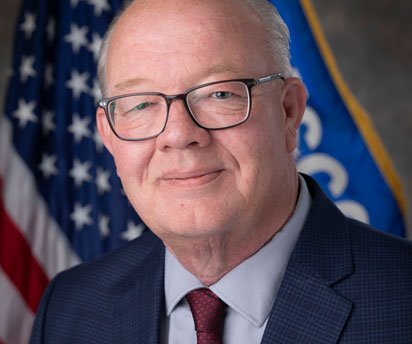Remember when, during the presidential campaign, his critics used to point out that Barack Obama had never run anything - not even a business?
Well, today, Obama not only is president, he's also running a car company.
Obama on Monday announced unprecedented steps his administration is taking to try to steer General Motors to survival in the short term and profitability in the long term. Chrysler essentially was written off, told by the president to merge with Italian automaker Fiat or some other company - which frankly doesn't sound like a wise move for Chrysler. Ford is doing "well" enough to not ask for government bailout funds, at least for now.
But back to GM. The most talked-about move by the Obama administration was the forced resignation of CEO Rick Wagoner. Worry not for Wagoner, he's got a retirement package of $20-plus million coming. After all, it's in his contract. And contracts can't be broken.
Unless those contracts are signed by middle-class union workers, of course. In return for 60 days worth of federal financing, GM's union workers must make concessions on their compensation. The worker on the line, we suppose, should just be thankful to have the job. But it's easy to understand why the people who actually make the cars would feel slighted when their former CEO will make more in leaving than they'll ever earn. Or when the bank chiefs who orchestrated the economic crisis got to break bread, and later into smiles, with the president in a private White House meeting last week.
The president is trying to pressure the company into a streamlined business that makes the fuel-efficient vehicles he believes the world eventually will buy and return GM to being an industry leader. Obama may in the long run be right about the vehicles, and about GM's profitability.
But the bold government takeover of a company that once was the beacon of American capitalism is a huge political risk for the president. It's also yet another financial risk being taken with taxpayer dollars. For our economy's sake, we have to hope that the risk pays off.
Well, today, Obama not only is president, he's also running a car company.
Obama on Monday announced unprecedented steps his administration is taking to try to steer General Motors to survival in the short term and profitability in the long term. Chrysler essentially was written off, told by the president to merge with Italian automaker Fiat or some other company - which frankly doesn't sound like a wise move for Chrysler. Ford is doing "well" enough to not ask for government bailout funds, at least for now.
But back to GM. The most talked-about move by the Obama administration was the forced resignation of CEO Rick Wagoner. Worry not for Wagoner, he's got a retirement package of $20-plus million coming. After all, it's in his contract. And contracts can't be broken.
Unless those contracts are signed by middle-class union workers, of course. In return for 60 days worth of federal financing, GM's union workers must make concessions on their compensation. The worker on the line, we suppose, should just be thankful to have the job. But it's easy to understand why the people who actually make the cars would feel slighted when their former CEO will make more in leaving than they'll ever earn. Or when the bank chiefs who orchestrated the economic crisis got to break bread, and later into smiles, with the president in a private White House meeting last week.
The president is trying to pressure the company into a streamlined business that makes the fuel-efficient vehicles he believes the world eventually will buy and return GM to being an industry leader. Obama may in the long run be right about the vehicles, and about GM's profitability.
But the bold government takeover of a company that once was the beacon of American capitalism is a huge political risk for the president. It's also yet another financial risk being taken with taxpayer dollars. For our economy's sake, we have to hope that the risk pays off.





